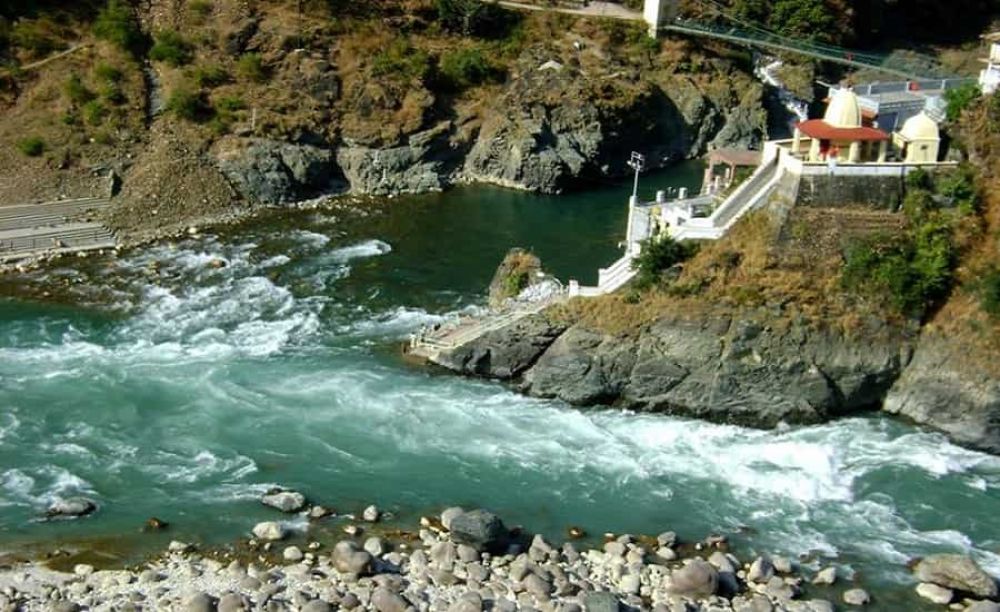

Rudraprayag serves as a serene and spiritual destination nestled within the majestic peaks of the Himalayas in Uttarakhand, India. As a place where nature meets spirituality, Rudraprayag has been a site of pilgrimage and natural beauty for decades. The confluence of the Alaknanda and Mandakini rivers is not only a scenic spectacle but also of great religious significance to Hindus.
The history of Rudraprayag as a tourist destination is intrinsically tied to its religious importance. Ancient texts and myths speak of Rudraprayag as a place visited by sages and pilgrims in their quest for divine connection and enlightenment. Its significance grows particularly during the Char Dham yatra, where devotees visit four sacred shrines in Uttarakhand, including Badrinath, which is accessible through Rudraprayag.
With the establishment of British rule in India, Rudraprayag, along with other Himalayan towns, started to gain recognition as a place of retreat. Its cool climate and pristine environment attracted British officials and travelers looking for solace from the heat of the Indian plains. Post-independence, the Indian government began to promote the region’s spiritual and natural heritage as part of its tourism development strategy.
In recent years, Rudraprayag has broadened its appeal beyond just religious tourism. Efforts have been made to develop and promote trekking, mountaineering, and other outdoor activities. The region now attracts a diverse group of travelers, including adventure enthusiasts, nature lovers, and those seeking wellness retreats. Infrastructure development such as road improvements and the establishment of new hotels and homestays has facilitated easier access and more comfortable stays for tourists.
Eco-tourism is the latest trend within the travel sector of Rudraprayag. Recognizing the need to preserve its pristine natural environments, local communities, government agencies, and NGOs are working together to promote sustainable tourism practices. This includes setting capacity limits at popular sites, encouraging tourists to reduce their environmental footprint, and enhancing conservation efforts.
Another emerging trend is the rise of cultural tourism. Visitors to Rudraprayag are increasingly interested in experiential travel, seeking authentic interactions with local culture, cuisine, and traditions. This has led to an increased number of cultural events, workshops, and local guide services that provide deep dives into the history, art, and lifestyle of the Himalayan people.
In conclusion, Rudraprayag has evolved from a mostly pilgrim-focused destination to a diverse travel locale that caters to various interests. With its long-standing history steeped in spirituality and its growing array of travel experiences, Rudraprayag continues to delight visitors from around the world.